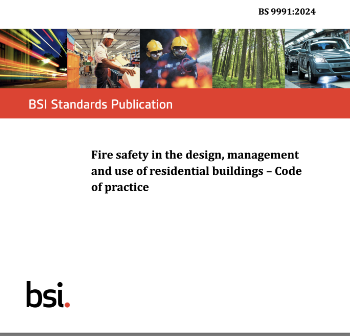Community infrastructure levy commencement notice
Local planning authorities have the power to charge the community infrastructure levy (CIL) on new developments to fund local infrastructure.
Section 8 of the Community Infrastructure Levy Regulations 2010 requires that, for chargeable developments, the persons liable to pay the community infrastructure levy must submit a notice to the collecting authority setting out when development is going to start. This is referred to as a ‘commencement notice’.
A person submitting a commencement notice must also serve a copy on each person known to be owners of the relevant land.
The collecting authority then issues a demand notice setting out the payment due dates, and this payment procedure must be followed on commencement of the development.
The collecting authority must receive the commencement notice at least one day before development is due to commence. Otherwise, the parties may be liable for a surcharge and may not be permitted to pay by instalments.
A commencement notice must:
- Be submitted in writing on a form published by the Secretary of State (or a form to substantially the same effect).
- Identify the liability notice issued in respect of the chargeable development.
- State the intended commencement date of the chargeable development.
- Include the other particulars specified or referred to in the form.
If a collecting authority knows development has commenced, but has not received a commencement notice, or has received a notice, but considers that the development began earlier, it may determine when the development commenced. This is known as the 'deemed commencement date'.
[edit] Related articles on Designing Buildings Wiki
- Commencement.
- Community Infrastructure Levy.
- Economic viability.
- Localism act.
- National Planning Policy Framework.
- Planning permission.
- Planning conditions.
- Planning obligations.
- Review announced of the Community Infrastructure Levy.
- The Community Infrastructure Levy (Amendment) Regulations 2014.
- Viability test.
- What approvals are needed before construction begins.
Featured articles and news
Scottish Government responds to Grenfell report
As fund for unsafe cladding assessments is launched.
CLC and BSR process map for HRB approvals
One of the initial outputs of their weekly BSR meetings.
Building Safety Levy technical consultation response
Details of the planned levy now due in 2026.
Great British Energy install solar on school and NHS sites
200 schools and 200 NHS sites to get solar systems, as first project of the newly formed government initiative.
600 million for 60,000 more skilled construction workers
Announced by Treasury ahead of the Spring Statement.
The restoration of the novelist’s birthplace in Eastwood.
Life Critical Fire Safety External Wall System LCFS EWS
Breaking down what is meant by this now often used term.
PAC report on the Remediation of Dangerous Cladding
Recommendations on workforce, transparency, support, insurance, funding, fraud and mismanagement.
New towns, expanded settlements and housing delivery
Modular inquiry asks if new towns and expanded settlements are an effective means of delivering housing.
Building Engineering Business Survey Q1 2025
Survey shows growth remains flat as skill shortages and volatile pricing persist.
Construction contract awards remain buoyant
Infrastructure up but residential struggles.
Home builders call for suspension of Building Safety Levy
HBF with over 100 home builders write to the Chancellor.
CIOB Apprentice of the Year 2024/2025
CIOB names James Monk a quantity surveyor from Cambridge as the winner.
Warm Homes Plan and existing energy bill support policies
Breaking down what existing policies are and what they do.
Treasury responds to sector submission on Warm Homes
Trade associations call on Government to make good on manifesto pledge for the upgrading of 5 million homes.
A tour through Robotic Installation Systems for Elevators, Innovation Labs, MetaCore and PORT tech.
A dynamic brand built for impact stitched into BSRIA’s building fabric.
BS 9991:2024 and the recently published CLC advisory note
Fire safety in the design, management and use of residential buildings. Code of practice.
























